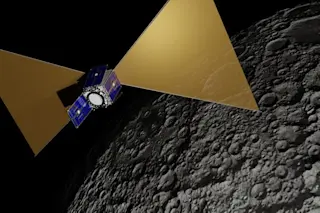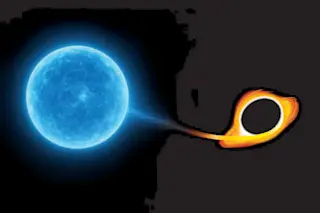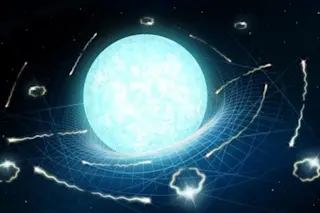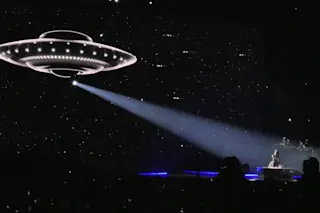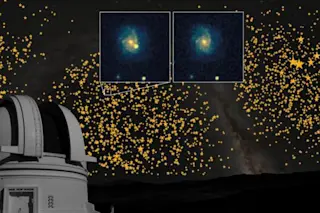There are certain questions about virtual reality (VR) that I’ve been asked a few times a day, every day, for over a quarter century. The e-mails still come in, from a kid in Korea or a grandmother in Australia: Will VR ever get so good that we will no longer be able to tell it’s VR? Is it possible we are already living in VR? Recently even The New York Times got into the act, interpreting an argument from philosopher Nick Bostrom to mean that “it is almost a mathematical certainty that we are living in someone else’s computer simulation.”
When these questions come up, I usually try to redirect the inquirer’s attention to the world of actual VR research, because that topic is richer than most people realize. But readers of this column know I am as friendly as can be to weird speculations, and it is interesting to ...



